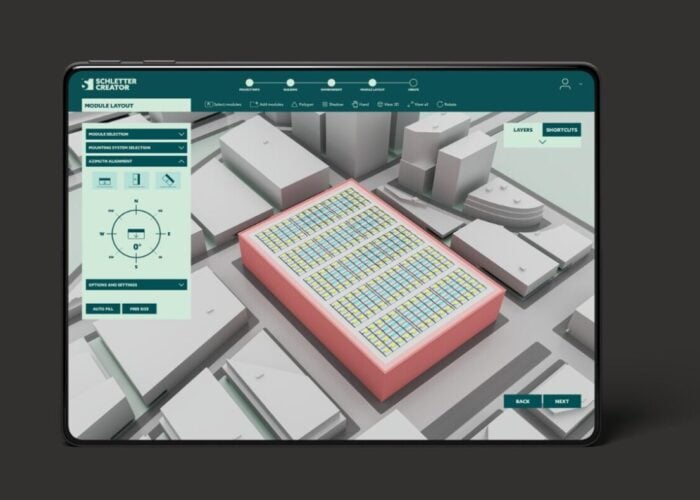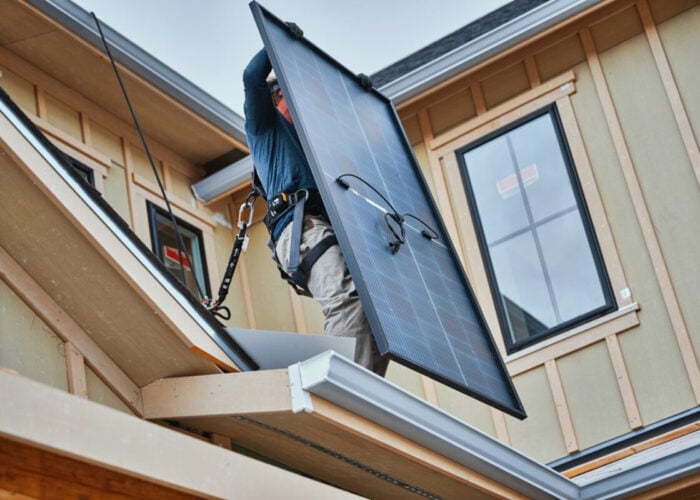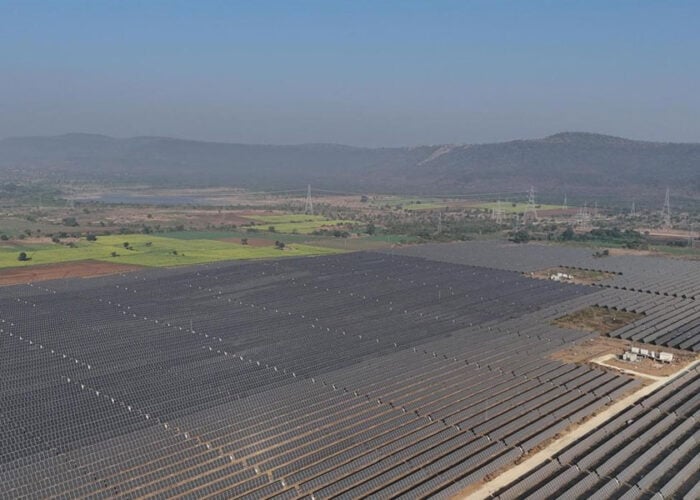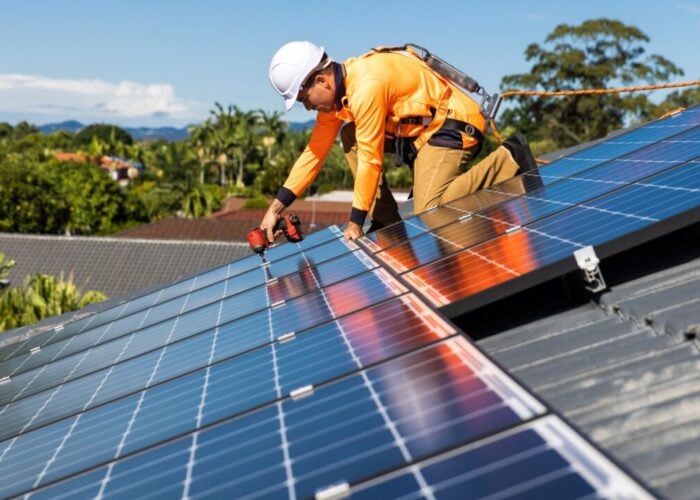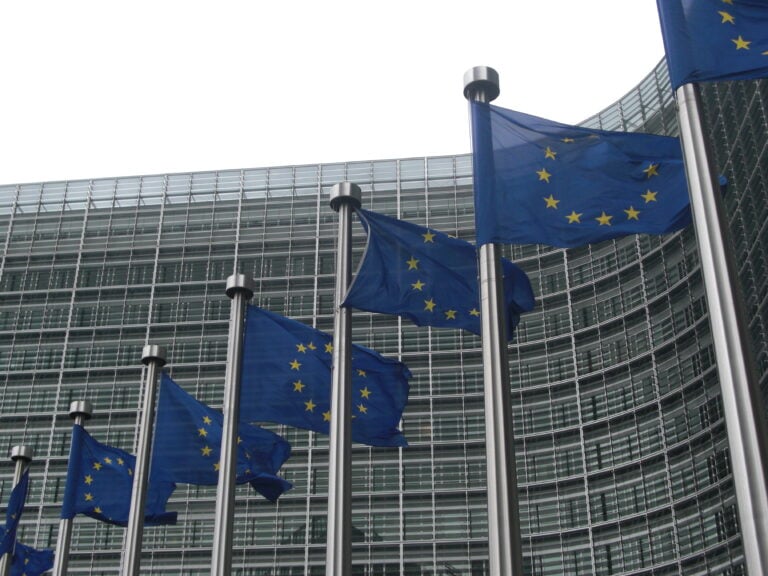
The European Parliament and the European Council have reached a provisional agreement on the strengthened Energy Performance of Buildings Directive (EPBD), aiming to boost the energy performance of buildings and requiring new buildings to be solar-ready.
According to the revised EPBD, each EU member state need to reduce the average primary energy use of residential buildings by 16% by 2030, and 20-22% by 2035. All countries can choose which buildings to target and which measures to take.
Unlock unlimited access for 12 whole months of distinctive global analysis
Photovoltaics International is now included.
- Regular insight and analysis of the industry’s biggest developments
- In-depth interviews with the industry’s leading figures
- Unlimited digital access to the PV Tech Power journal catalogue
- Unlimited digital access to the Photovoltaics International journal catalogue
- Access to more than 1,000 technical papers
- Discounts on Solar Media’s portfolio of events, in-person and virtual
Or continue reading this article for free
Measures implemented by EU member states need to ensure that at least 55% of the decrease in the average primary energy use will be achieved through the renovation of the worst-performing buildings. However, historical buildings or holiday homes can be exempted.
For non-residential buildings, the revised EPBD requires a gradual improvement via minimum energy performance standards. The 16% and 26% worst-performing buildings will need to be renovated by 2030 and 2033, respectively.
The EPBD also states that financing measures will have to incentivise and accompany renovations and be targeted in particular at vulnerable customers and worst-performing buildings.
“Renovations are investments into a better future. They will improve quality of life, allow people to invest their savings elsewhere, and boost our economy,” said Kadri Simson, European commissioner for energy.
To help implement the measures, member states of the EU will establish national building renovation plans to set out the national strategy to decarbonise the building stock and how to address remaining barriers, such as financing, training and attracting more skilled workers.
The countries will also set up national building renovation passport schemes to guide building owners in their staged renovations towards zero emission buildings.
Additionally, the EPBD requires that EU member states have to ensure new buildings are fit to host rooftop solar PV or solar thermal installations. Existing public and non-residential building solar will need to be installed starting from 2027.
The European Commission proposed to reform the EU’s electricity market design in March. Rooftop solar was in the discussion, while the European Parliament voted and approved EPBD.
Jan Osenberg, policy advisor at SolarPower Europe, said the measures will strengthen the efficient integration of solar PV installations into building construction processes.
“For example, roof constructions will soon always be combined with solar installations, reducing costs and allowing us to make use of the limited existing workforce as efficiently as possible,” said Osenberg.
Prior to the revised EPBD, the EC also published an action plan to accelerate the rollout of electricity grids and increase grid efficiency in late November.

